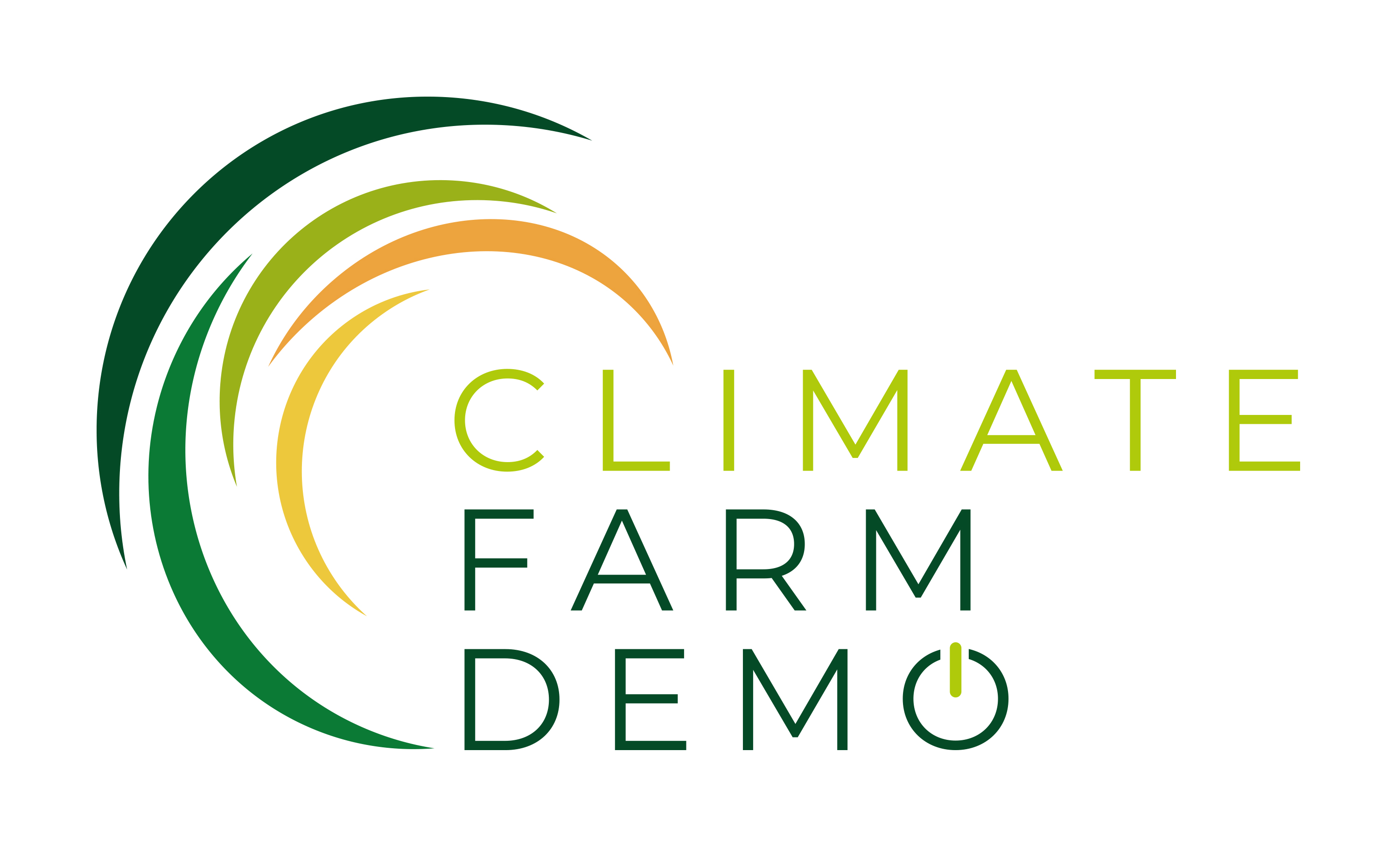Reaching Climate Neutrality in Agri-food – Identifying the Right Policy Mix
- Presentation
- Date
-
- Location
- Brussels, Belgium
- Panel discussion
At the Think2030 conference in Brussels, Aaron Scheid discussed the role of the agricultural sector in reaching climate neutrality by 2050 during a Science4Policy session. Despite some progress so far, efforts have stagnated, and current projections indicate only a modest reduction of greenhouse gases (GHG) by 2030, ultimately making the sector number one in terms of GHGs emissions. Therefore, shifting support away from emission-intensive practices and transitioning into a low-emission agricultural sector must be our first priority, while making farmers the driver of the transition.
The role of the agriculture sector
During his input, Aaron Scheid emphasized, that we have arrived to the decade in which we will overshoot the 1,5°C limit (at least temporarily). The question has shifted from if to by how much and for how long. He also highlighted that the GHG emissions from the agricultural sector play a key role in deciding by how much and for how long we will overshoot. He concluded that shifting support away from emission-intensive practices and transitioning into a low-emission agricultural sector must be our first priority. The two biggest levers are phasing out drainage-based agriculture and reducing livestock emissions, coupled with increasingly plant-based diets. A well-designed policy-mix can act as an enabler for the transition of the agricultural sector towards resilient and sustainable business models, while making farmers the drivers and owners of the transition from a high-emitting towards a low-emission sector.
Aaron Scheid also addressed the farmers protest, which were taking place the same day, and highlighted that farmers are stuck in an export-subsidy trap. They are dependent on EU exports, on EU and national subsidies, and on the big players in the agri-food value chain who rule the market, faced with an ever-increasing administrations burden and a lack of long-term planning. While the frustration of farmers is understandable, the current solutions presented by politicians and policy makers to deteriorate climate and environmental targets, are the wrong signals to the producers and suppliers of our daily foods.
Science4Policy contribution at the Think2030 conference: Insights on agricultural emissions reduction
The Think2030 conference, held in Brussels on 27 March 2024, came at a critical time, both to implement the European Green Deal and to ensure that its sustainability principles influence the future direction of the EU beyond 2024. Every two years, the Think2030 conference provides a platform for high-level discussions to identify the most effective science policy solutions that are critical to achieving a more sustainable Europe. At this conference, Aaron Scheid presented his findings on policy instruments and transition strategies for agriculture, which have provided important impetus for the debate on climate mitigation, agricultural sustainability and societal goals.>




